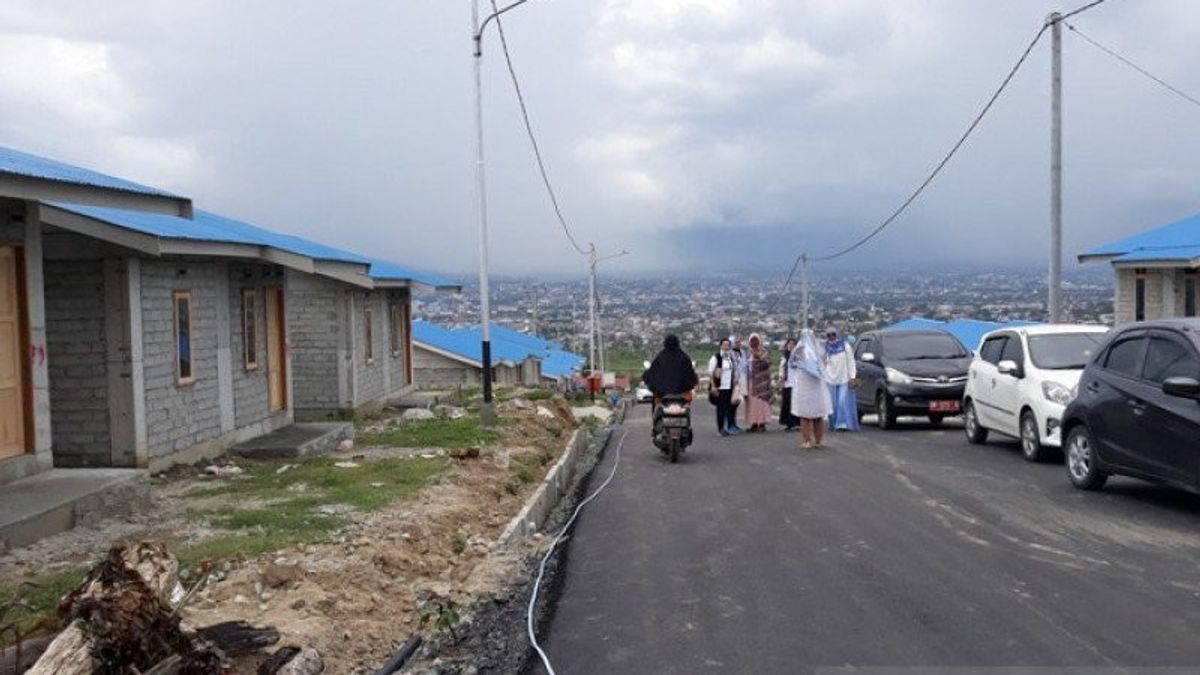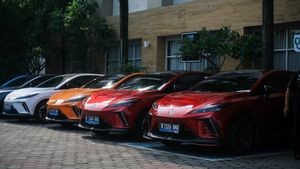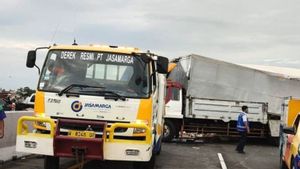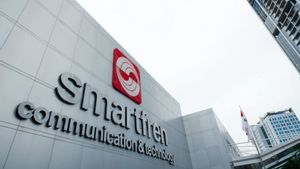JAKARTA - The Ministry of Public Works and Public Housing (PUPR) is targeting the construction of 3,050 permanent housing units for earthquake, tsunami and liquefaction victims in Central Sulawesi Province.
The tender process until construction activities are carried out in stages and are targeted for completion in two years.
"For the 2021-2022 period, we are targeting at least 3,050 residences to target Palu City, Sigi Regency, and Donggala, which were areas severely affected by the disaster on September 28, 2018," said the Head of Certain Non-Vertical Work Unit (SNVT) for Central Sulawesi Housing Provision of the Ministry of PUPR , Rezki Agung, when contacted from Palu, was reported by Antara, Tuesday, January 12.
This year is a big challenge for the government in providing shelter for disaster victims, because the survivors have passed two years after the disaster and still half of them have shelter.
"The survivors certainly want to live in a more comfortable place, so we must work hard to realize the hopes of disaster victims," said Agung.
Furthermore, according to him, Palu City has entered the first stage of the self-relocation program scheme since it started in 2020 and it has accommodated 160 people affected by the disaster (WTB) and currently the development process is ongoing.
Residential built using the concept of risa with a specially designed building structure that is earthquake resistant.
"The self-relocation scheme is a solution to the limited relocation land that comes from grants or land purchases by the local government for the construction of permanent residential housing," said Agung.
In order to support this program, his party has provided facilitators who are assigned data on community land readiness for independent residential development who participate in this scheme, as well as a mentoring process, including the recruitment of 105 facilitators by the Directorate General (Ditjen) of Housing of the PUPR Ministry.
"The requirement for residential land to remain independent is that the land meets three criteria, namely road access, access to electricity and access to clean water. Currently, 84 facilitators are working in the field," said Agung.
The English, Chinese, Japanese, Arabic, and French versions are automatically generated by the AI. So there may still be inaccuracies in translating, please always see Indonesian as our main language. (system supported by DigitalSiber.id)













